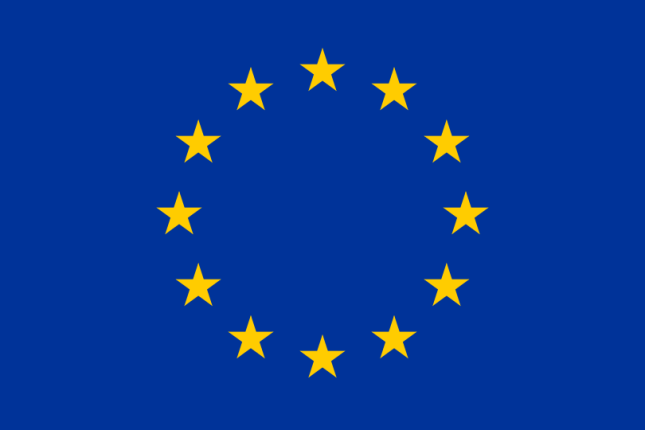 The failure of the European Union as a whole to address the refugee crisis with any coherent vision of human dignity is a matter of deep shame, which Pope Francis has recently highlighted in one of his powerful gestures. Some very ugly political forces are crawling out from under stones. The Euro has become a nightmare, in which democracy has been subjugated to the interests of French and German banks, the taxpayer made liable for their reckless lending, and no account at all taken of the interests of the poor. UK politicans take turns in giving thanks that we have opted out of both Schengen and the Euro. Yet are not a common currency and a common border the hallmarks of a unified Europe? Is that project, that ever-closer union, now dead?
The failure of the European Union as a whole to address the refugee crisis with any coherent vision of human dignity is a matter of deep shame, which Pope Francis has recently highlighted in one of his powerful gestures. Some very ugly political forces are crawling out from under stones. The Euro has become a nightmare, in which democracy has been subjugated to the interests of French and German banks, the taxpayer made liable for their reckless lending, and no account at all taken of the interests of the poor. UK politicans take turns in giving thanks that we have opted out of both Schengen and the Euro. Yet are not a common currency and a common border the hallmarks of a unified Europe? Is that project, that ever-closer union, now dead?
Some will say Britain was never part of it, though the treaties state otherwise and even David Cameron’s recent opt-out from further integration can be reversed, with UK consent. The EU cannot be understood except as a political project; it was never just about free trade and economics, even if, for the most part, that is how it has been sold to the British electorate. Trade is merely the path to peace and justice, or such is the hope. Pope Francis said to the EU Parliament:
“I encourage you to return to the firm conviction of the founders of the European Union, who envisioned a future based on the capacity to work together in bridging divisions and in fostering peace and fellowship between all the peoples of this continent. At the heart of this ambitious political project was confidence in man, not so much as a citizen or an economic agent, but in man, in men and women as persons endowed with transcendent dignity.”
Since Pope John XXIII, the Catholic Church has held that the future lies with a global political authority, the cession of a degree of sovereignty to the global level. As our world becomes economically, militarily and environmentally ever more interconnected, political authority needs to keep pace. Yet it is essential that such an authority arise from mutual agreement and not be imposed, nor be understood as a global super-State. After all, Napoleon Bonaparte also had a vision of a united Europe – united under him.
The European Union of 500 million people in 28 states is the largest political grouping ever formed, and so far maintained, entirely by consent. Even the United States is not only smaller but had to endure a terrible Civil War to keep it together; Europe’s ‘civil wars’ preceded the formation of the Union. The wonder of the EU is not that it sometimes works rather badly but that it works at all. The challenge is to make it work better and make it something the peoples of Europe feel proud of once again. The real decision – and it is a real choice – is whether the British people want to be a continuing part of that project.
An abridged version of a talk given at Sunderland Minster on 13 May 2016.
Dr Mark Hayes holds the St Hilda Chair in Catholic Social Thought and Practice.